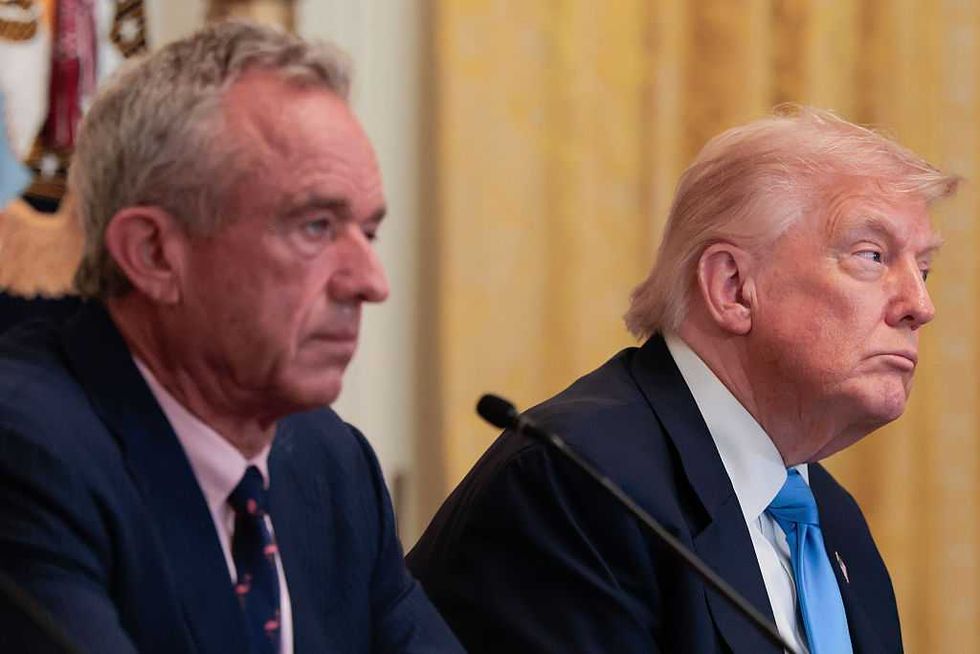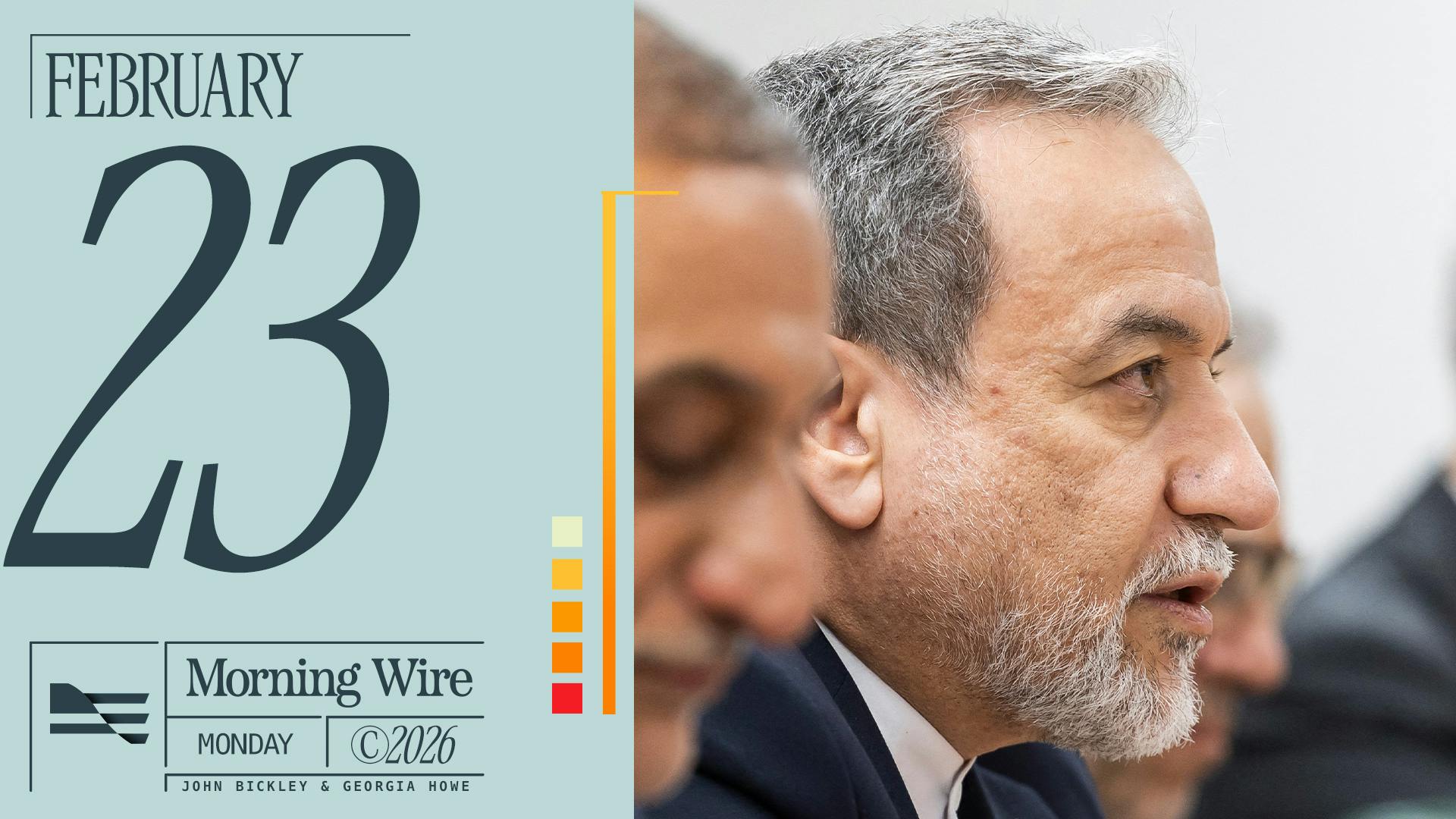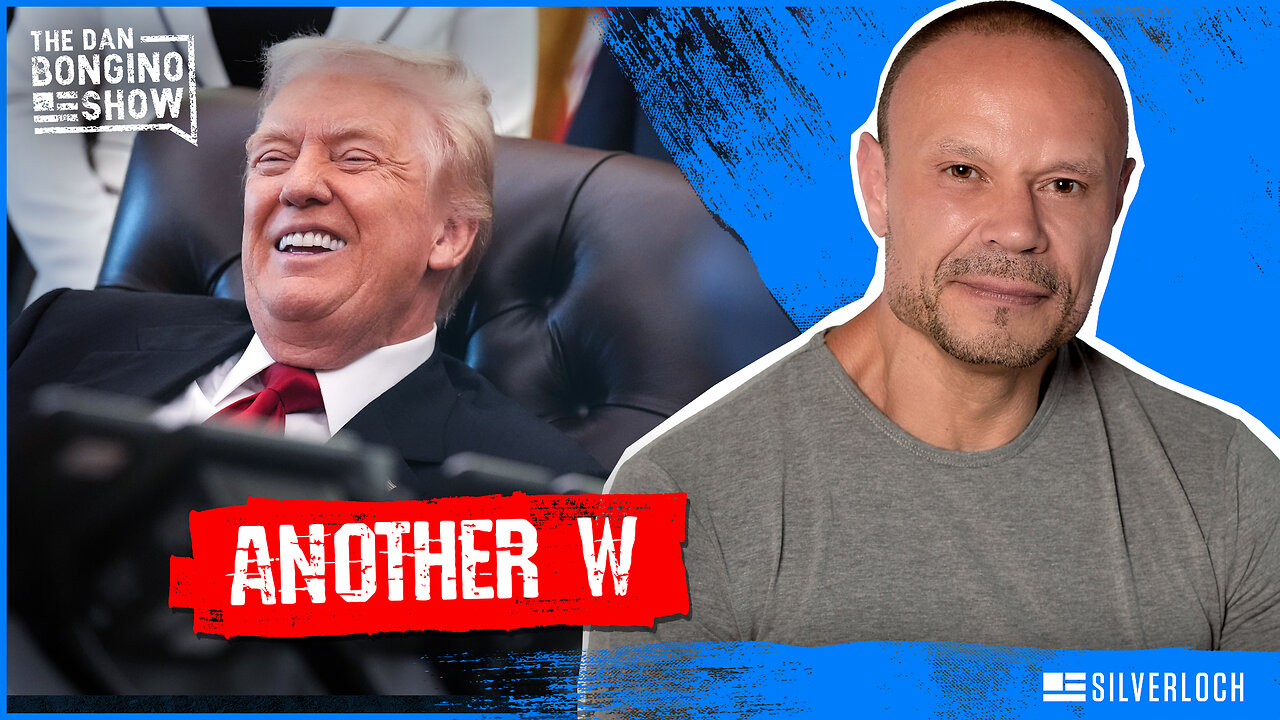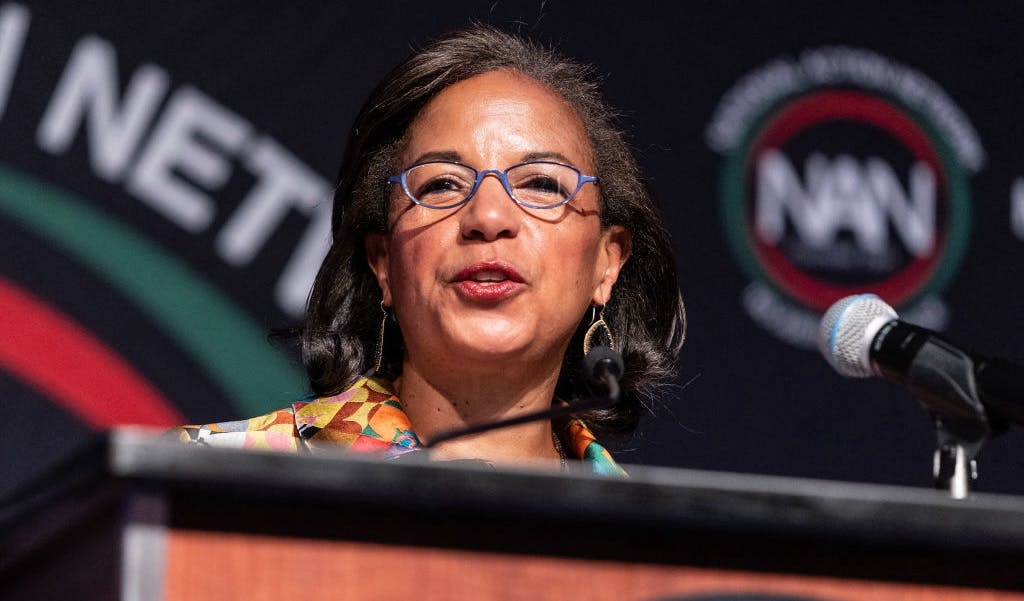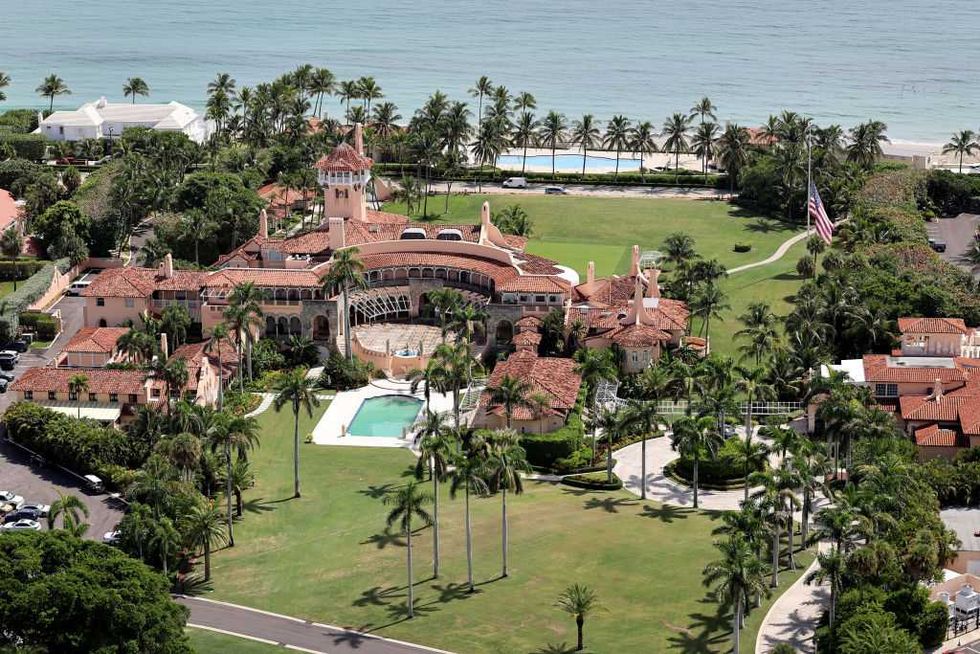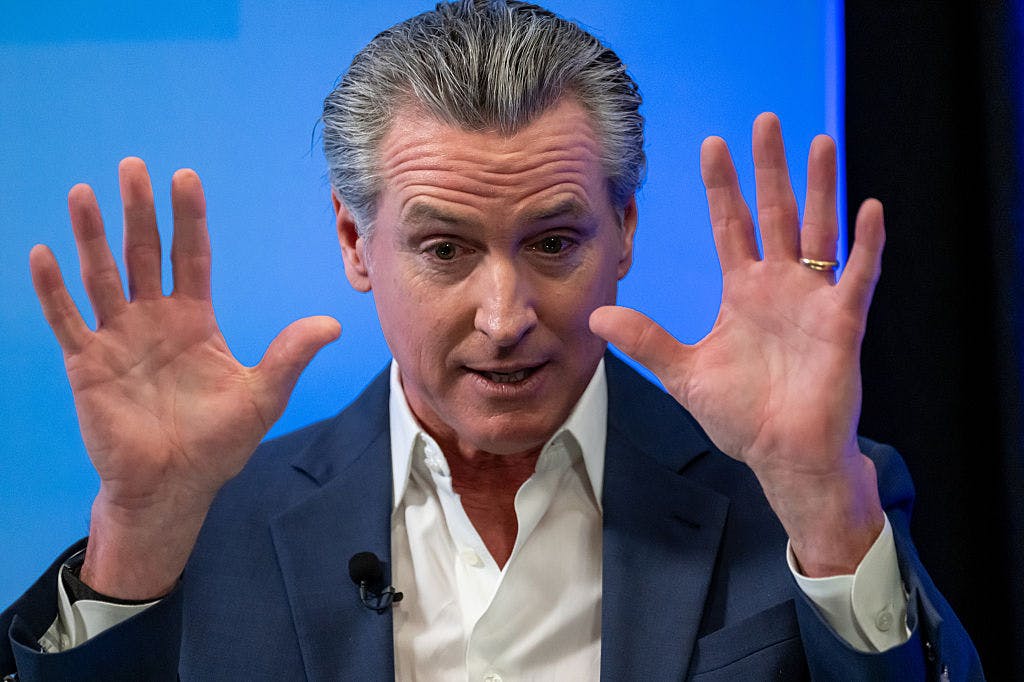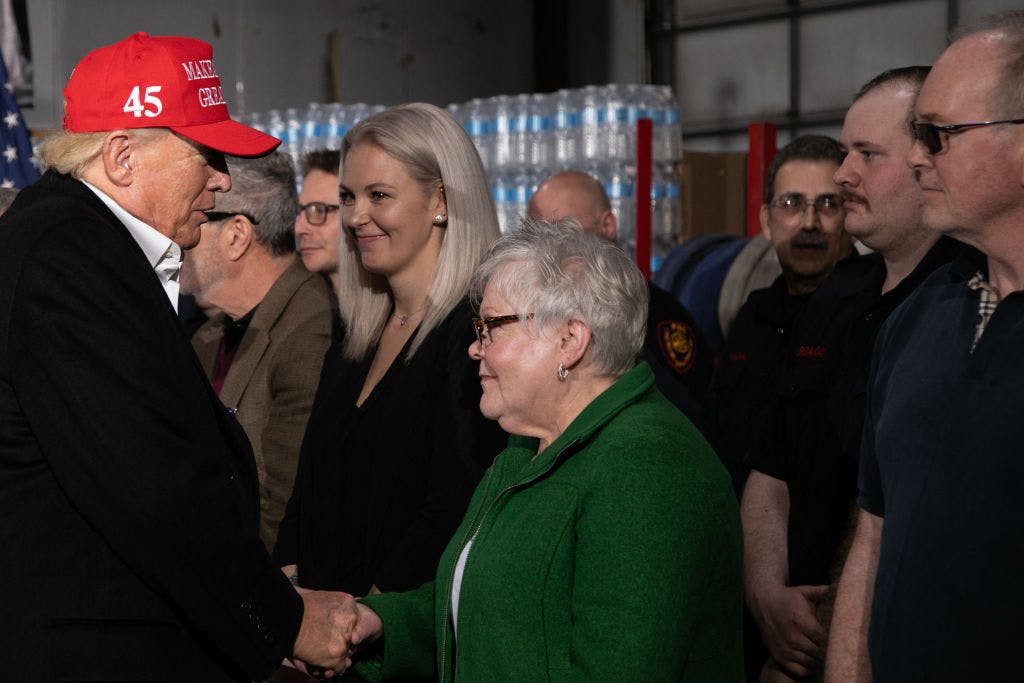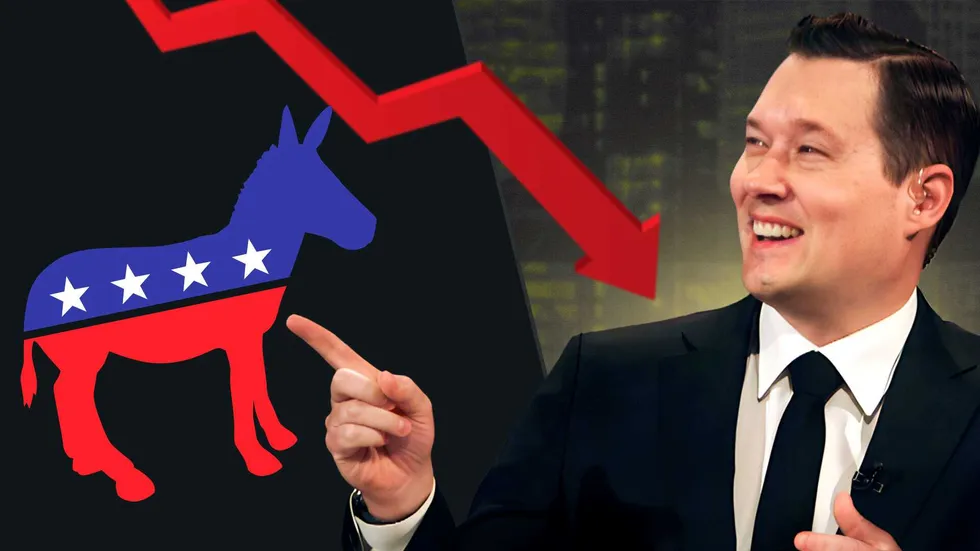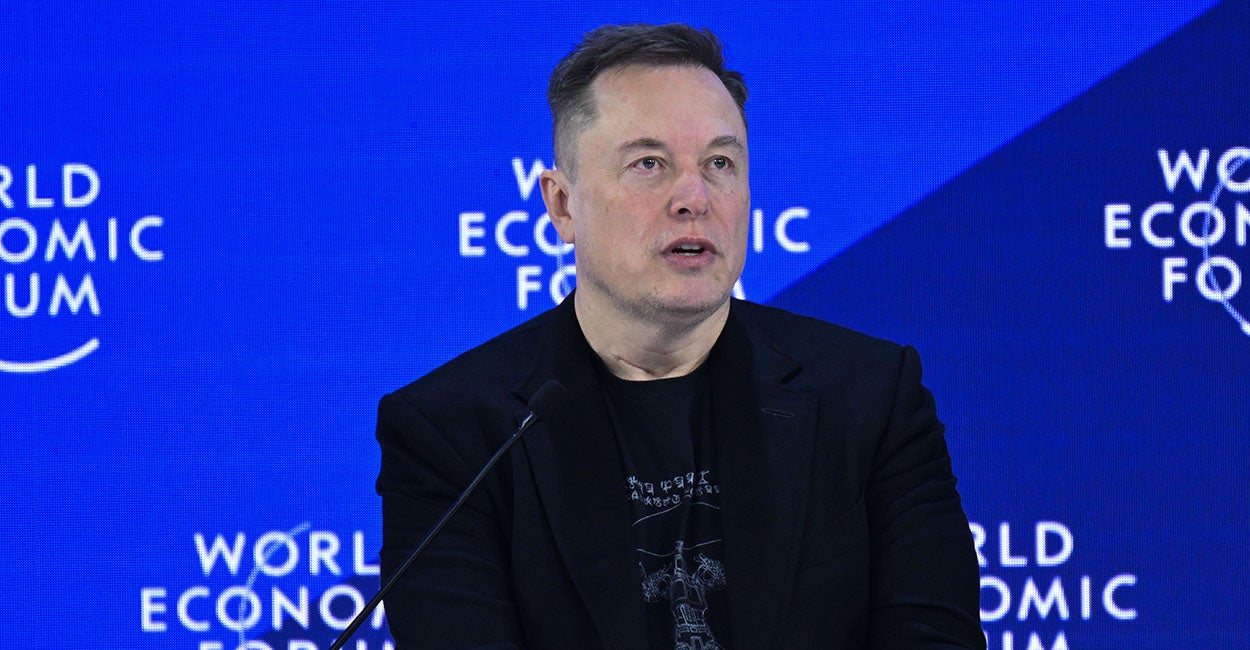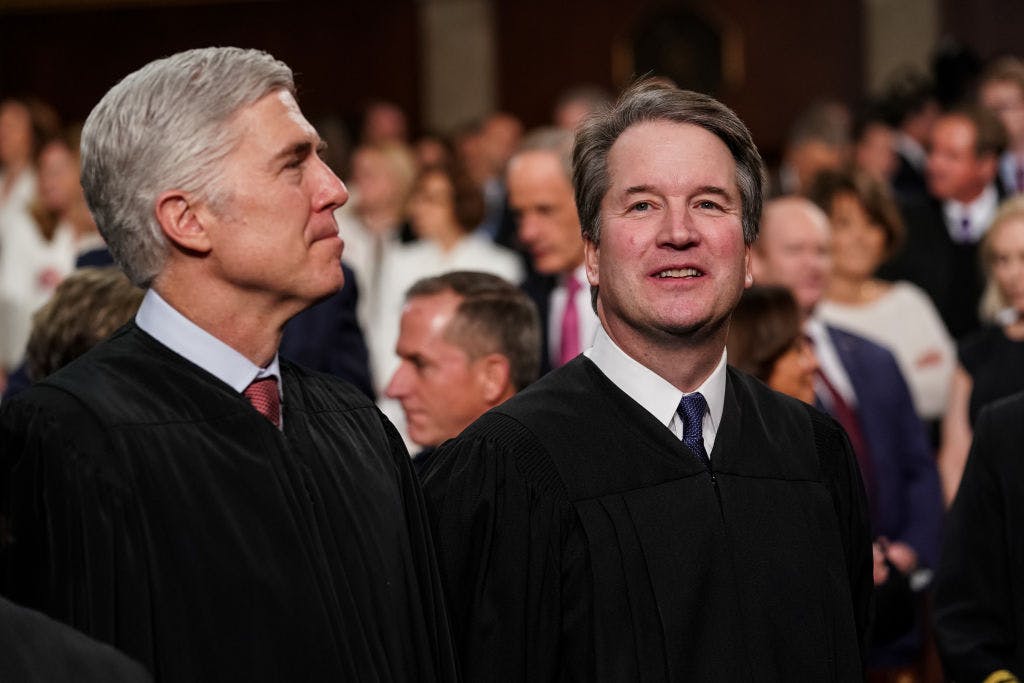Trump’s Caribbean ‘drug wars’ are forging a new Monroe Doctrine
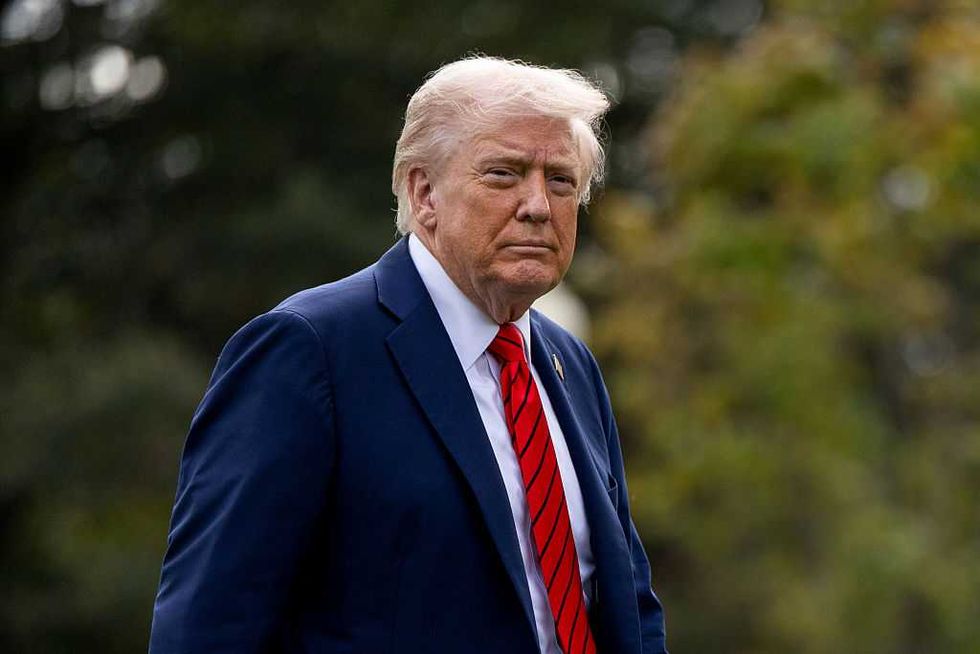
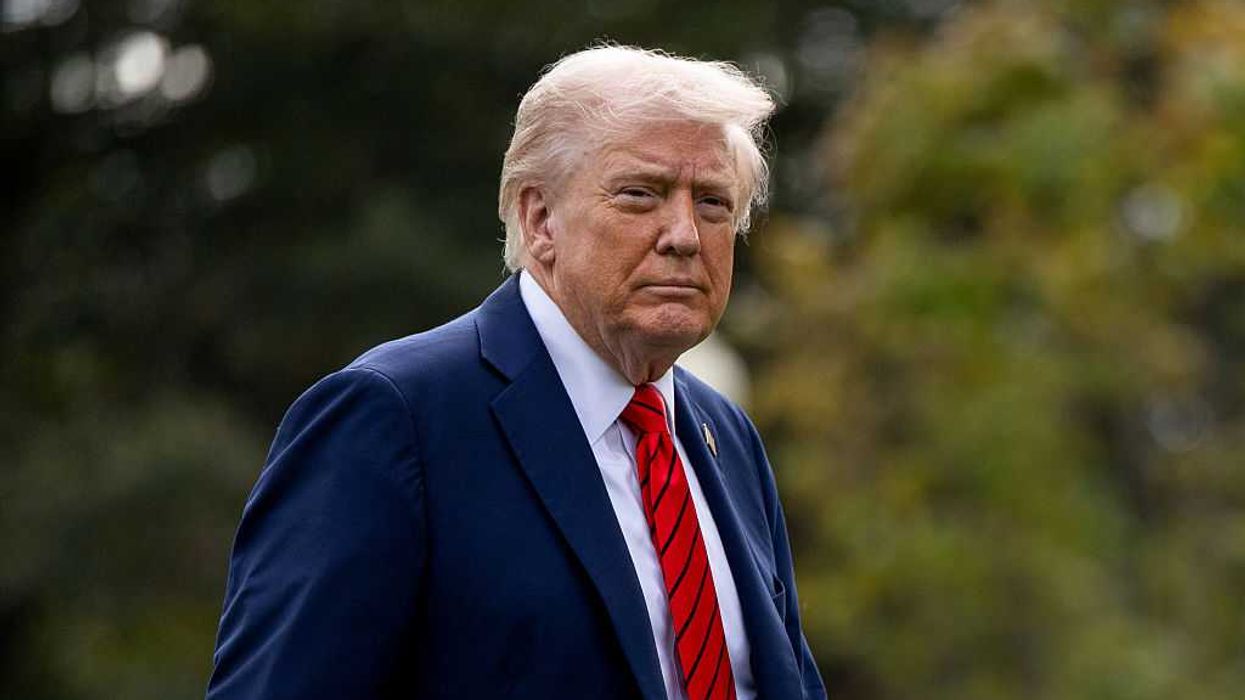
For decades, we’ve been told America’s wars are about drugs, democracy, or “defending freedom.” But look closer at what’s unfolding off the coast of Venezuela, and you’ll see something far more strategic taking shape. Donald Trump’s so-called drug war isn’t about fentanyl or cocaine. It’s about control — and a rebirth of American sovereignty.
Live Your Best Retirement
Fun • Funds • Fitness • Freedom
The aim of Trump’s ‘drug war’ is to keep the hemisphere’s oil, minerals, and manufacturing within the Western family and out of Beijing’s hands.
The president understands something the foreign policy class forgot long ago: The world doesn’t respect apologies. It respects strength.
While the global elites in Davos tout the Great Reset, Trump is building something entirely different — a new architecture of power based on regional independence, not global dependence. His quiet campaign in the Western Hemisphere may one day be remembered as the second Monroe Doctrine.
Venezuela sits at the center of it all. It holds the world’s largest crude oil reserves — oil perfectly suited for America’s Gulf refineries. For years, China and Russia have treated Venezuela like a pawn on their chessboard, offering predatory loans in exchange for control of those resources. The result has been a corrupt, communist state sitting in our own back yard. For too long, Washington shrugged. Not any more.
The naval exercises in the Caribbean, the sanctions, the patrols — they’re not about drug smugglers. They’re about evicting China from our hemisphere.
Trump is using the old “drug war” playbook to wage a new kind of war — an economic and strategic one — without firing a shot at our actual enemies. The goal is simple: Keep the hemisphere’s oil, minerals, and manufacturing within the Western family and out of Beijing’s hands.
Beyond Venezuela
Just east of Venezuela lies Guyana, a country most Americans couldn’t find on a map a year ago. Then ExxonMobil struck oil, and suddenly Guyana became the newest front in a quiet geopolitical contest. Washington is helping defend those offshore platforms, build radar systems, and secure undersea cables — not for charity, but for strategy. Control energy, data, and shipping lanes, and you control the future.
Moreover, Colombia — a country once defined by cartels — is now positioned as the hinge between two oceans and two continents. It guards the Panama Canal and sits atop rare-earth minerals every modern economy needs. Decades of American presence there weren’t just about cocaine interdiction; they were about maintaining leverage over the arteries of global trade. Trump sees that clearly.
RELATED: A war on Venezuela would be a war on reality
 Photo by PEDRO MATTEY/AFP via Getty Images
Photo by PEDRO MATTEY/AFP via Getty Images
All of these recent news items — from the military drills in the Caribbean to the trade negotiations — reflect a new vision of American power. Not global policing. Not endless nation-building. It’s about strategic sovereignty.
It’s the same philosophy driving Trump’s approach to NATO, the Middle East, and Asia. We’ll stand with you — but you’ll stand on your own two feet. The days of American taxpayers funding global security while our own borders collapse are over.
Trump’s Monroe Doctrine
Critics will call it “isolationism.” It isn’t. It’s realism. It’s recognizing that America’s strength comes not from fighting other people’s wars but from securing our own energy, our own supply lines, our own hemisphere. The first Monroe Doctrine warned foreign powers to stay out of the Americas. The second one — Trump’s — says we’ll defend them, but we’ll no longer be their bank or their babysitter.
Historians may one day mark this moment as the start of a new era — when America stopped apologizing for its own interests and started rebuilding its sovereignty, one barrel, one chip, and one border at a time.
Want more from Glenn Beck? Get Glenn's FREE email newsletter with his latest insights, top stories, show prep, and more delivered to your inbox.
Originally Published at Daily Wire, Daily Signal, or The Blaze
What's Your Reaction?
 Like
0
Like
0
 Dislike
0
Dislike
0
 Love
0
Love
0
 Funny
0
Funny
0
 Angry
0
Angry
0
 Sad
0
Sad
0
 Wow
0
Wow
0
